About the Shi’a Research Institute
Our Board of Academic Advisors
The Academic Advisory Board plays a pivotal role in providing their expert counsel as it pertains to the academic goals of the Shi’a Research Institute. This involves advising SRI on academic projects and facilitating their successful implementations.
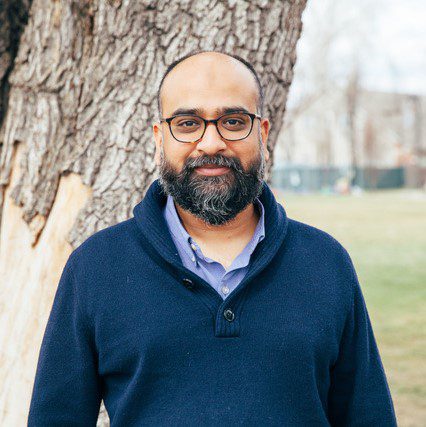
Dr. Aun Hasan Ali
Dr. Aun Hasan Ali is an Assistant Professor in the Department of Religious Studies at CU Boulder.
He received his PhD from McGill University’s Institute of Islamic Studies.
His research centers on Islamic intellectual history and he is the author of two forthcoming books: The School of Hillah and the Formation of Twelver Shiʿi Islamic Tradition and Why Hadith Matter: The Evidentiary Value of Hadith in Imami Law (co-authored with Hassan Ansari).
His recent publications include: “The Canonization of Nahj al-Balaghah between Hillah and Najaf: al-Sistani and the Iconic Authority of the Maraji,” “The Rational Turn in Imamism Revisited,” and “Some Notes on the History of the Categorization of Imami Hadith.”
In addition to intellectual history, Ali maintains an interest in Urdu and Persian literature. Occasionally, he publishes short commentaries on the website Qirtas-o-Qalam.
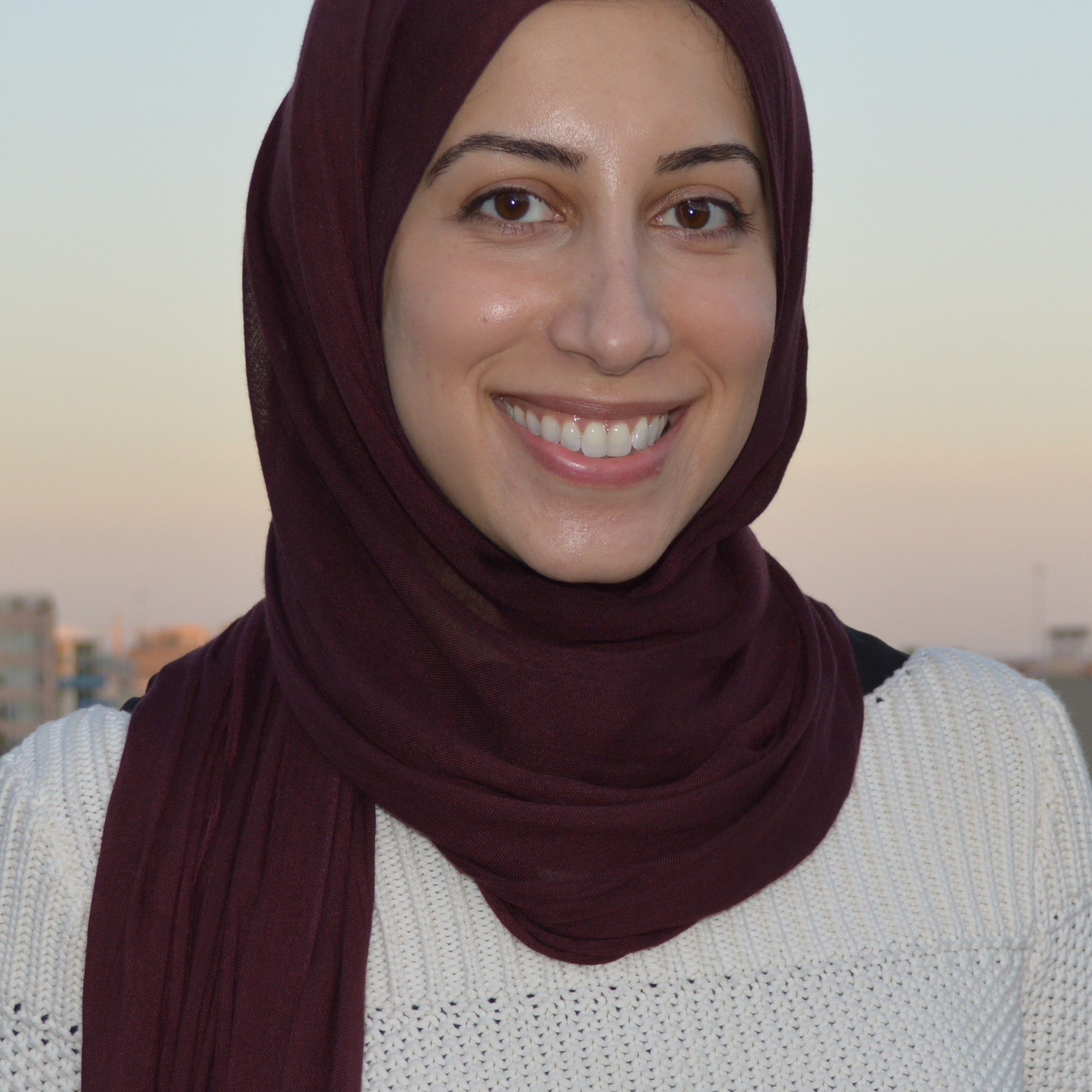
Dr. Emann Allebban
Dr. Emann Allebban is Assistant Professor in the Department of Philosophy at Providence College.
She received her PhD in Philosophy from McGill University. She specializes in Islamic philosophy and theology.
In a series of articles, and in her monograph under progress, she explores the ways in which philosophers of the Islamic world systematically investigated the world, from the natural sciences to metaphysics to rational theology, as distilled through the lenses of both Aristotelian and indigenous frameworks.
She is the recipient of several competitive research grants and has presented her work at Harvard University, UCLA, the University of Chicago, the University of Notre Dame, as well as abroad at the University of London, the University of Birmingham, Katholieke Universiteit Leuven, and Medeniyet University of Istanbul, among others. She was a Fulbright recipient in Damascus and was featured in The Forum of the BBC World Service for her work on Ibn Sina.
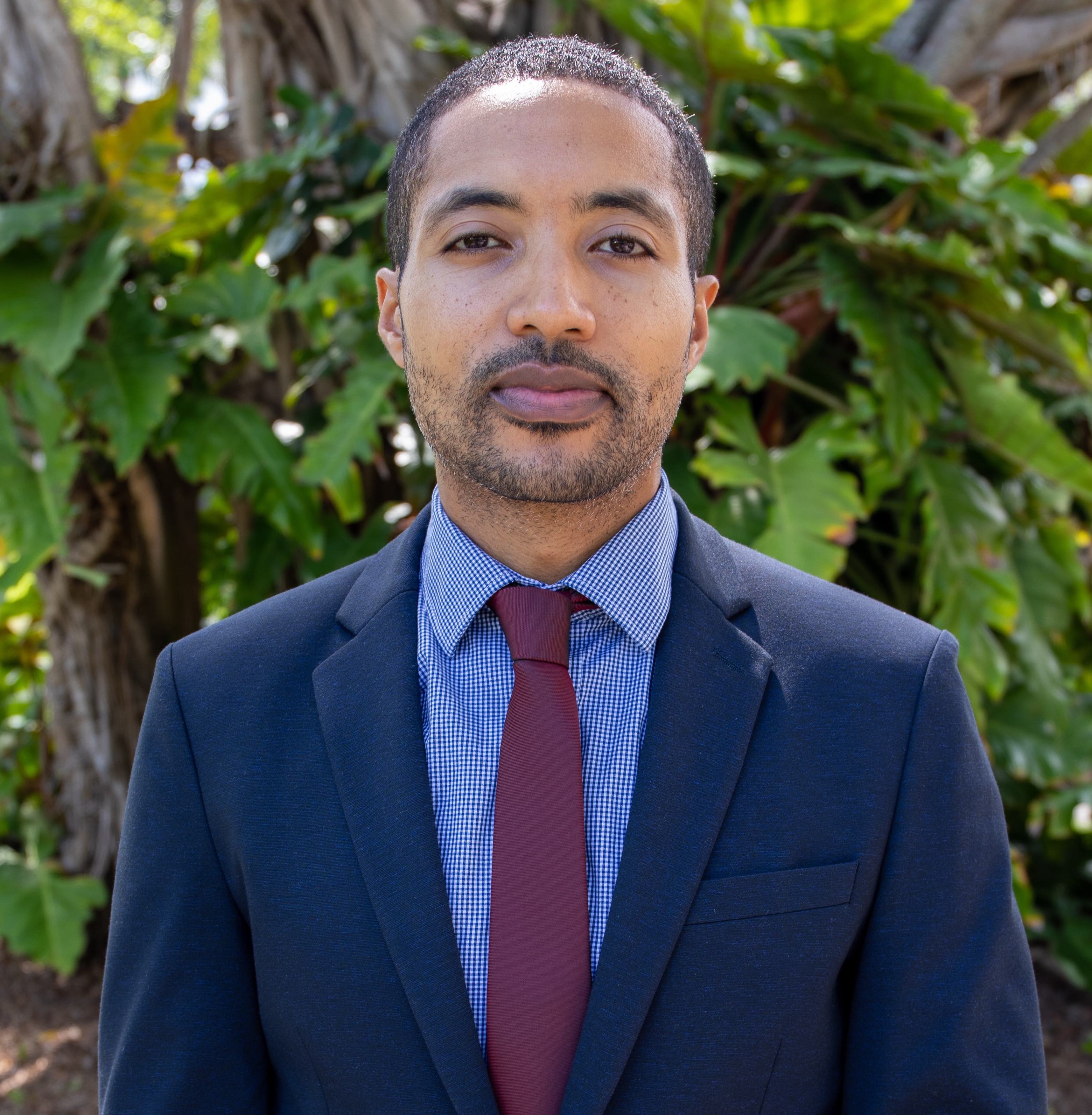
Dr. Nebil Husayn
Dr. Nebil Husayn is Associate Professor of Religious Studies at the University of Miami. His research broadly considers the development of Islamic theology, historiography and debates on the caliphate. Husayn obtained his Ph.D. in Near Eastern Studies from Princeton University and an M.A. in Arabic and Islamic Studies from Harvard University. Husayn is the recipient of a Fulbright award and the University of Miami Fellowship in the Arts and Humanities. He is the author of Opposing the Imam (2021) and Caliphate and Imamate (2023).
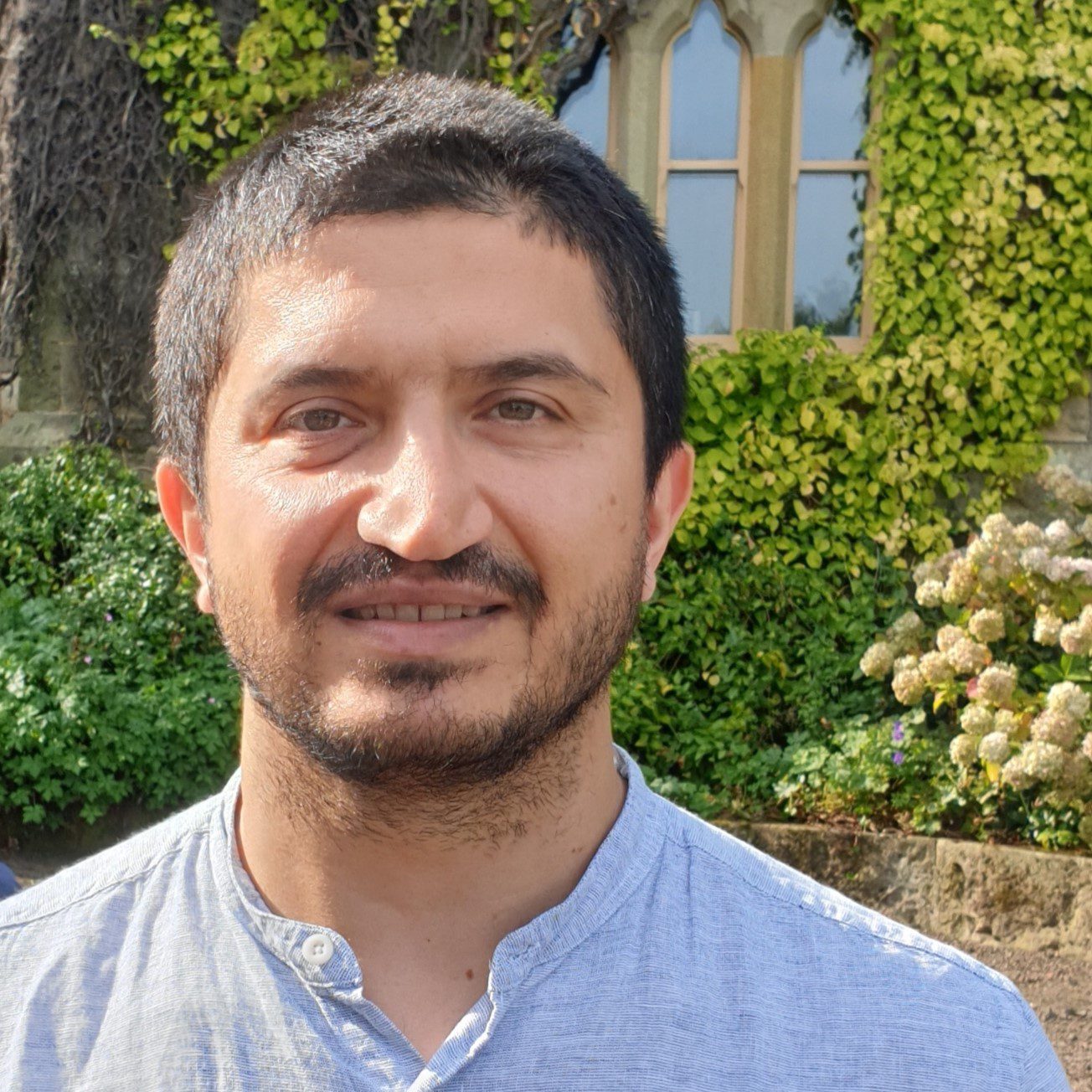
Dr. Seyfeddin Kara
Dr Seyfeddin Kara is an Assistant Professor of Islamic Origins, in the Faculty of Religion, Culture and Society, at the University of Groningen.
He was also a Marie Sklodowska-Curie Global Fellow at The University of Toronto and Lund University.
He was awarded a PhD in Islamic Studies from the University of Durham, the UK, in 2015.
He is a Board Member of the American Council for the Study of Islamic Societies and a Fellow of the UK’s Advance Higher Education.
Dr Kara was previously a Teaching Fellow at the University of Durham, UK and Assistant Professor (Imam Ali Chair) at Hartford Seminary, US.
He has published research articles in the Journal of Near Eastern Studies, the Journal of the Royal Asiatic Society, the Muslim World and the Journal of Muslim Minority Affairs.
He is the author of In Search of Ali ibn Abi Talib’s Codex: History and Traditions of the Earliest Copy of the Qur’an.
He is currently writing a monograph on the Textual Integrity of the Qur’an.
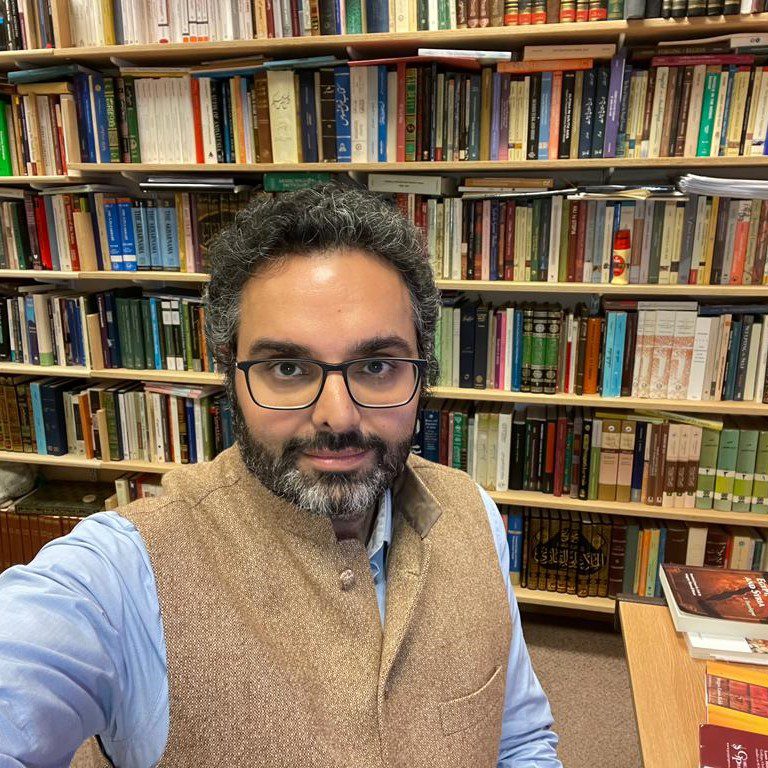
Dr. Sajjad H. Rizvi
Dr. Sajjad H. Rizvi is a Professor of Islamic Intellectual History at the University of Exeter.
He has written extensively on the philosophical traditions of the Islamic East from 1500 and is the author of Mulla Sadra and Metaphysics (Routledge, 2009).
He is currently editing the Oxford Handbook of Shi’i Islam with Ahab Bdaiwi and writing a collaborative monograph on philosophy in contemporary Iran, as well as completing a monograph entitled The Maximal Imam.
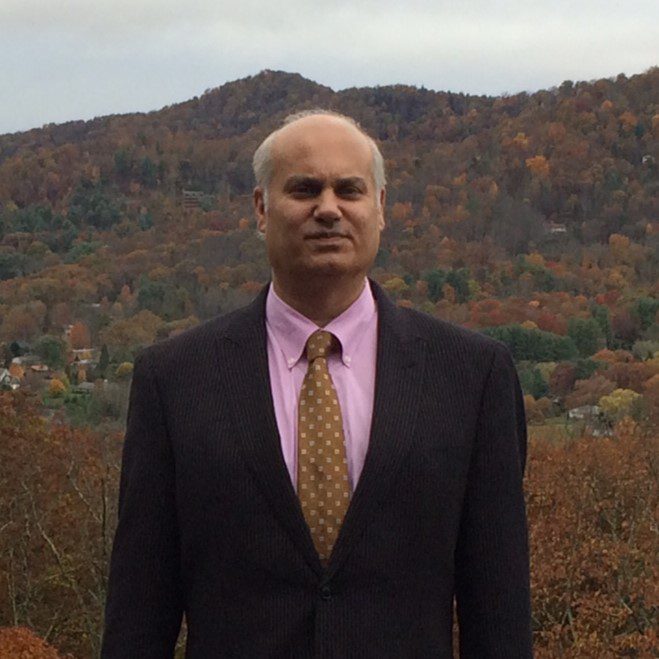
Dr. Devin J. Stewart
Devin J. Stewart received a B.A. in Near Eastern Studies from Princeton University in 1984, and a Ph.D. in Arabic and Islamic Studies from the University of Pennsylvania in 1991.
He has been teaching in the Department of Middle Eastern and South Asian Studies at Emory University, where he is now Samuel Candler Dobbs Professor of Arabic and Islamic Studies.
His research interests include Shiite Islam, Qur’anic studies, Islamic law and legal theory, medieval education, Islamic biographical and autobiographical literature, medieval literature, and Arabic dialects.
His publications on the Shiite Islamic tradition are numerous, including Islamic Legal Orthodoxy: Twelver Shiite Responses to the Sunni Legal System (Utah University Press, 1998); Disagreements of the Jurists: A Manual of Islamic Legal Theory (New York University Press, 2015), among other studies.
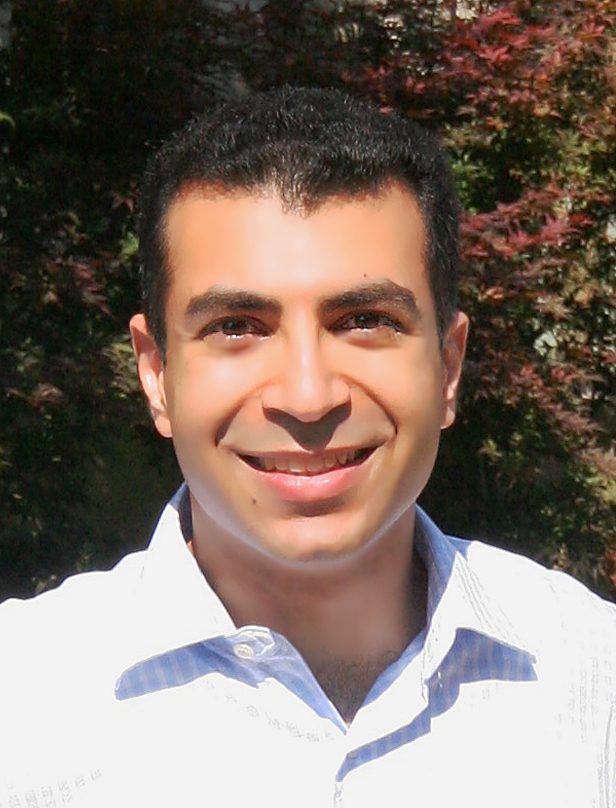
Dr. Shafique Virani
Professor Shafique N. Virani (PhD, Harvard University) researches Twelver and Ismaili Shi‘ism, Quranic studies, Islamic history, philosophy, mysticism, and pluralism, and Muslim literatures in Arabic, Persian, and South Asian languages. He has produced books, a documentary film, multimedia, a registered invention, a Unicode Consortium proposal to preserve a disappearing language, entries in the Encyclopaedia of Islam and the Encyclopaedia of Religion, and many peer-reviewed articles.
Recipient of the title of “Distinguished Professor,” his work has been translated into over 20 languages, earned funding of over $7 million, and received awards from scholarly organizations including the AAR, MESA, BRISMES, FIS, Farabi International, and the Iranian international Book of the Year. Many of his graduate students have received recognition for their theses and now teach at well-regarded institutions.
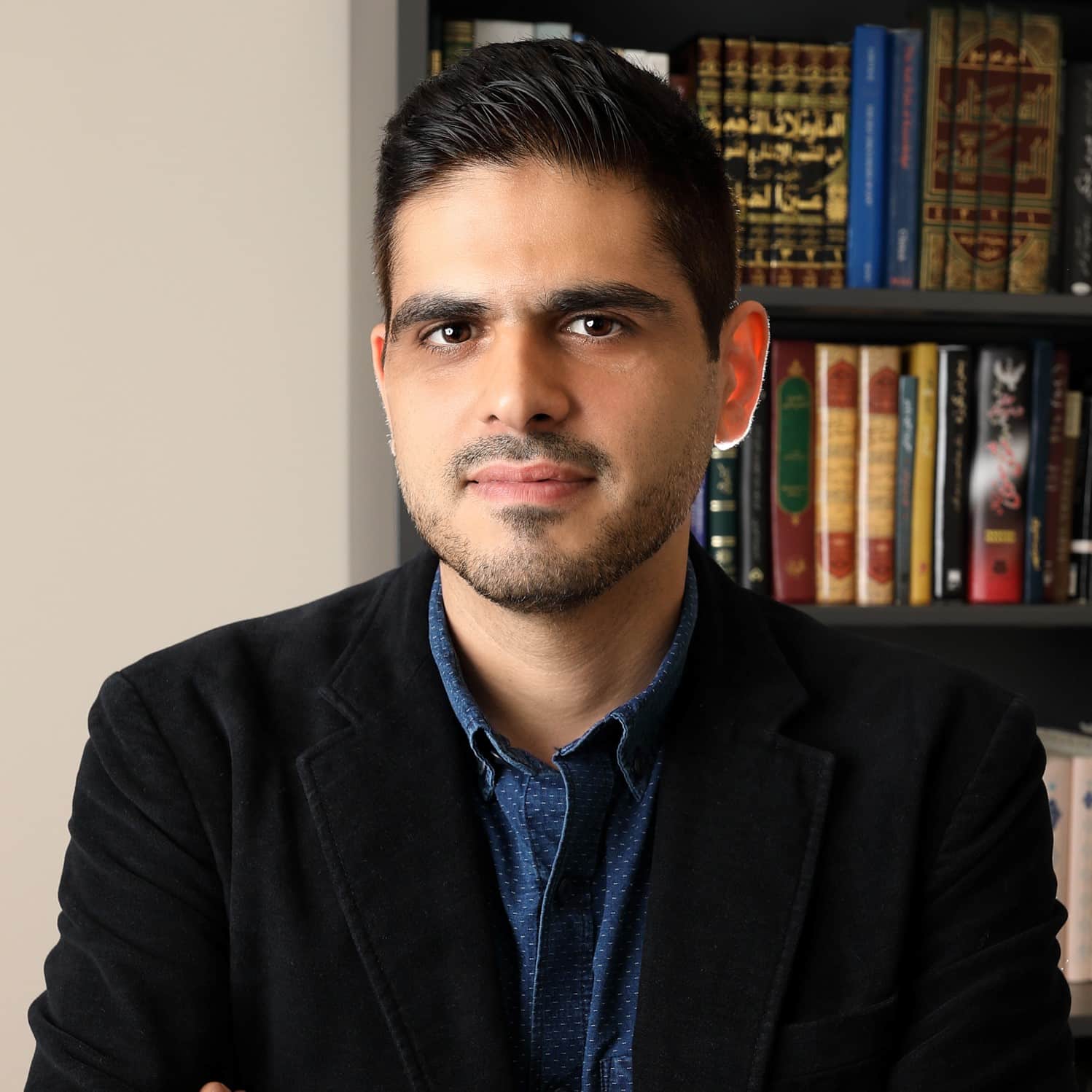
Dr. Cyrus A. Zargar
Cyrus Ali Zargar is Al-Ghazali Distinguished Professor of Islamic Studies at the University of Central Florida and director of UCF’s “Interfaith Dialogue” certificate program.
He has published numerous articles and books on the topics of Sufism, Islamic ethics, and Islamic intellectual history.
His most recent book, The Polished Mirror: Storytelling and the Pursuit of Virtue in Islamic Philosophy and Sufism, was published in 2017 by Oneworld Press. His forthcoming book, Religion of Love: Sufism and Self-Transformation in the Poetic Imagination of ʿAṭṭār, will be published this year by the Islamic Texts Society.
The views and opinions expressed through our activities are those of the authors/speakers, and do not necessarily reflect the views or positions of the Shi’a Research Institute and it’s governing bodies.
